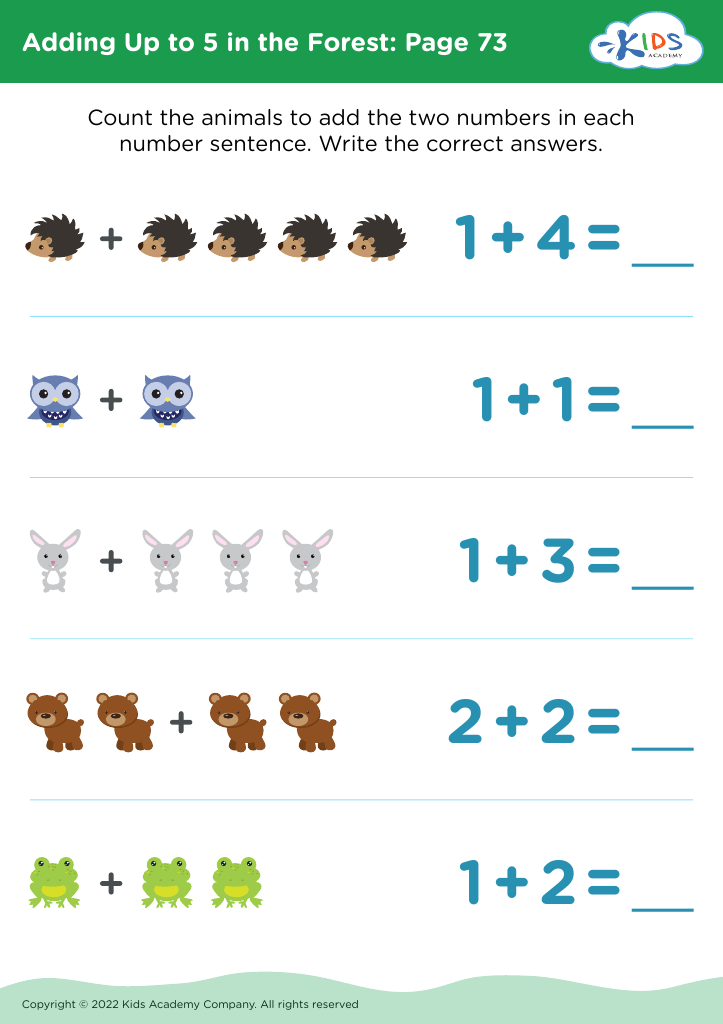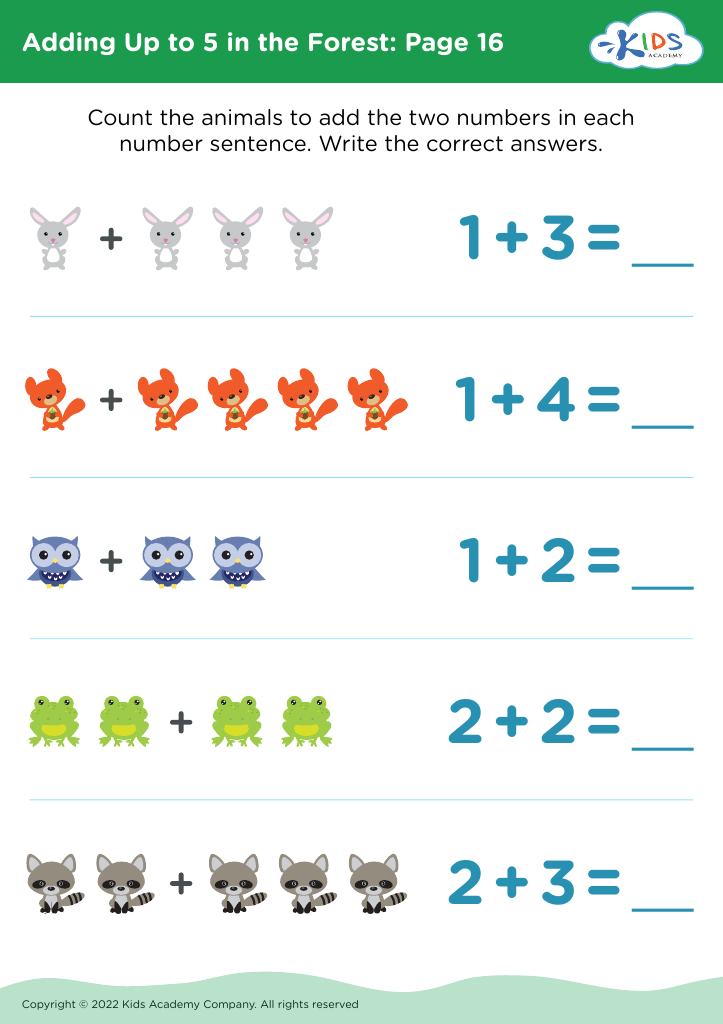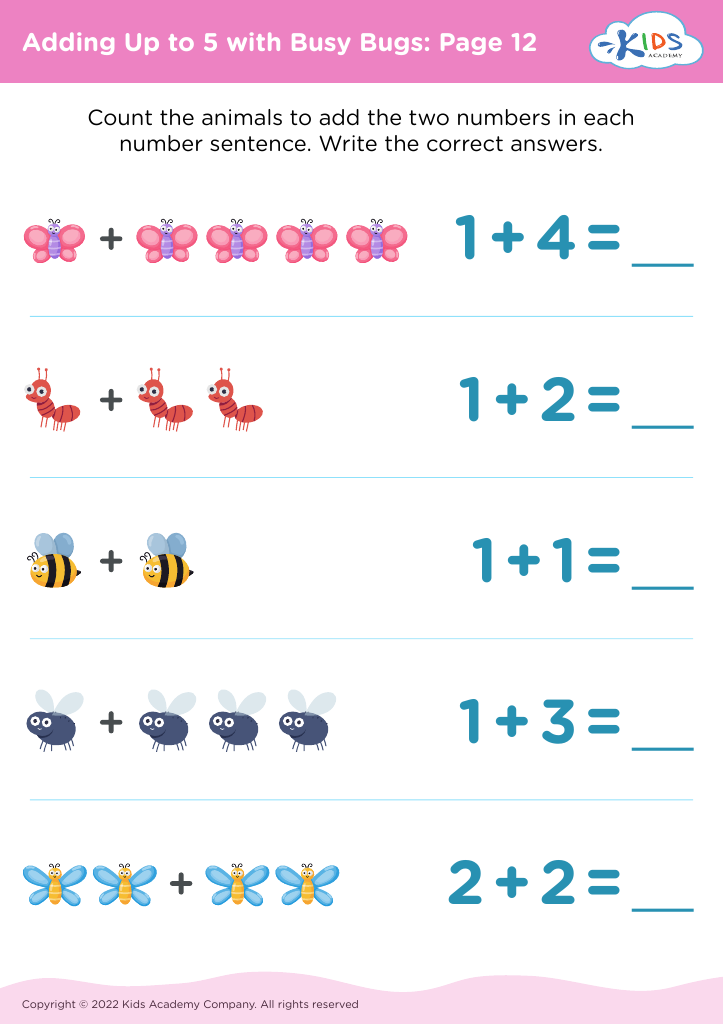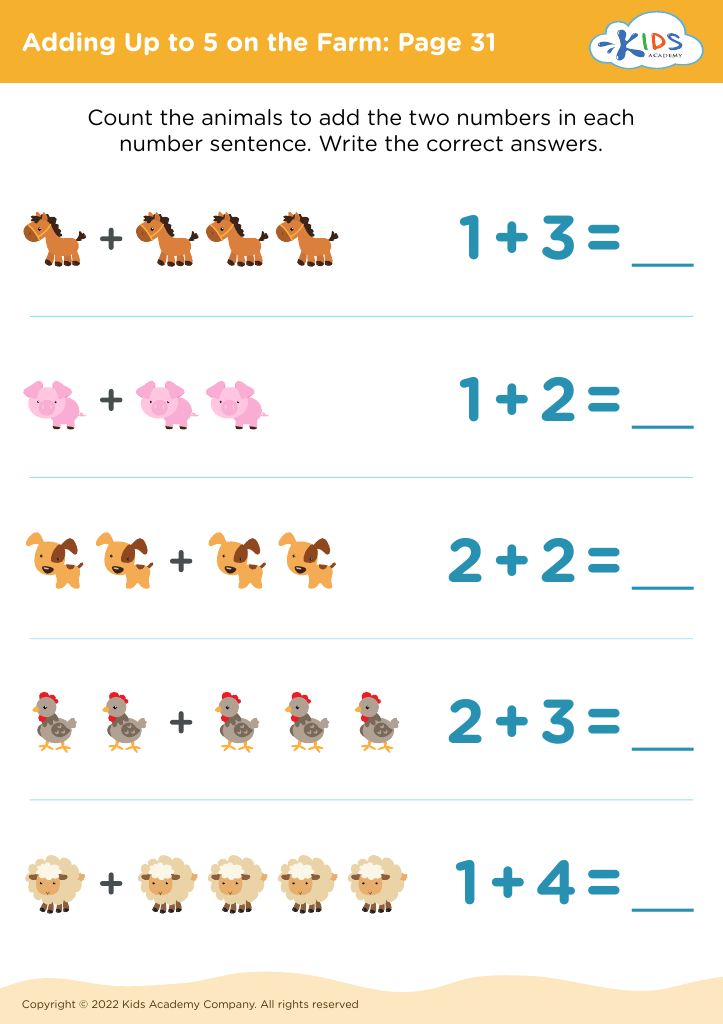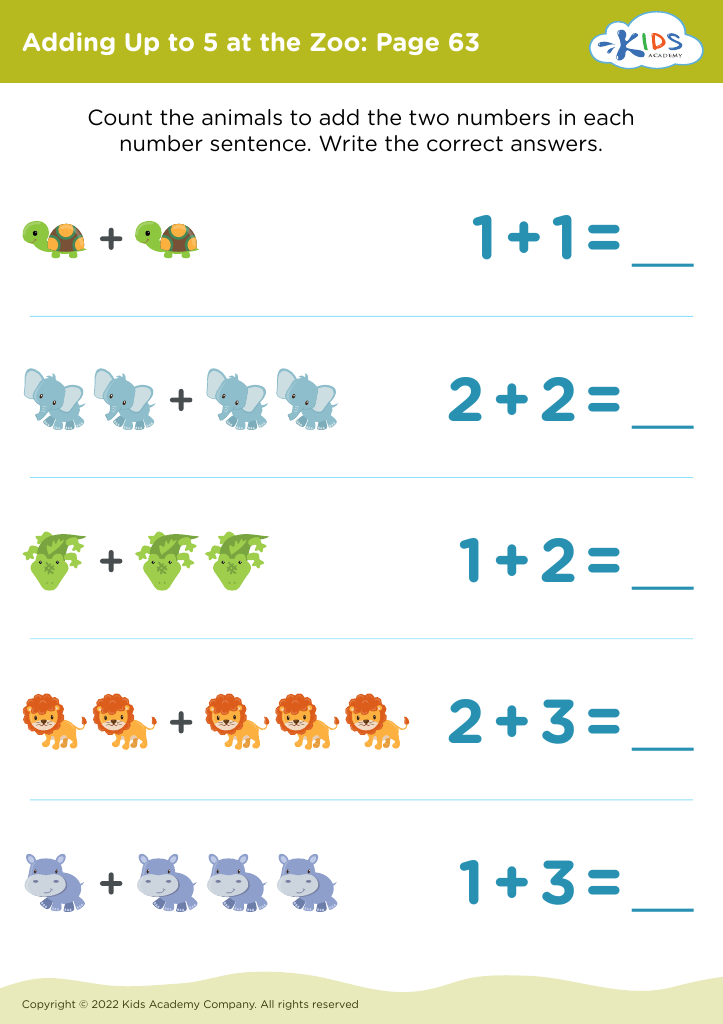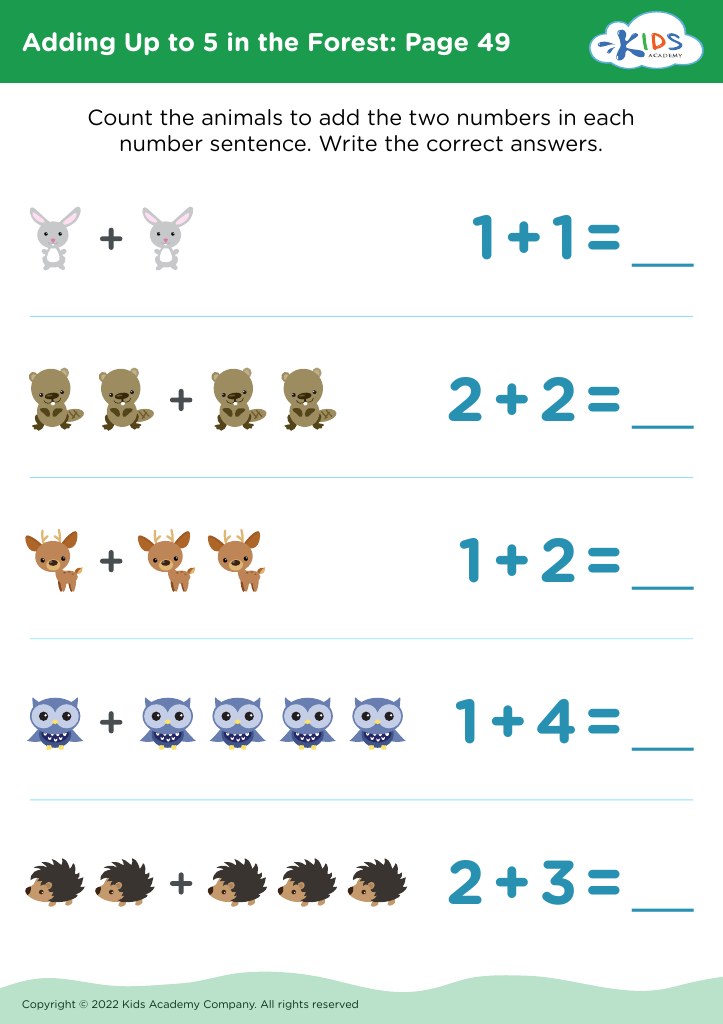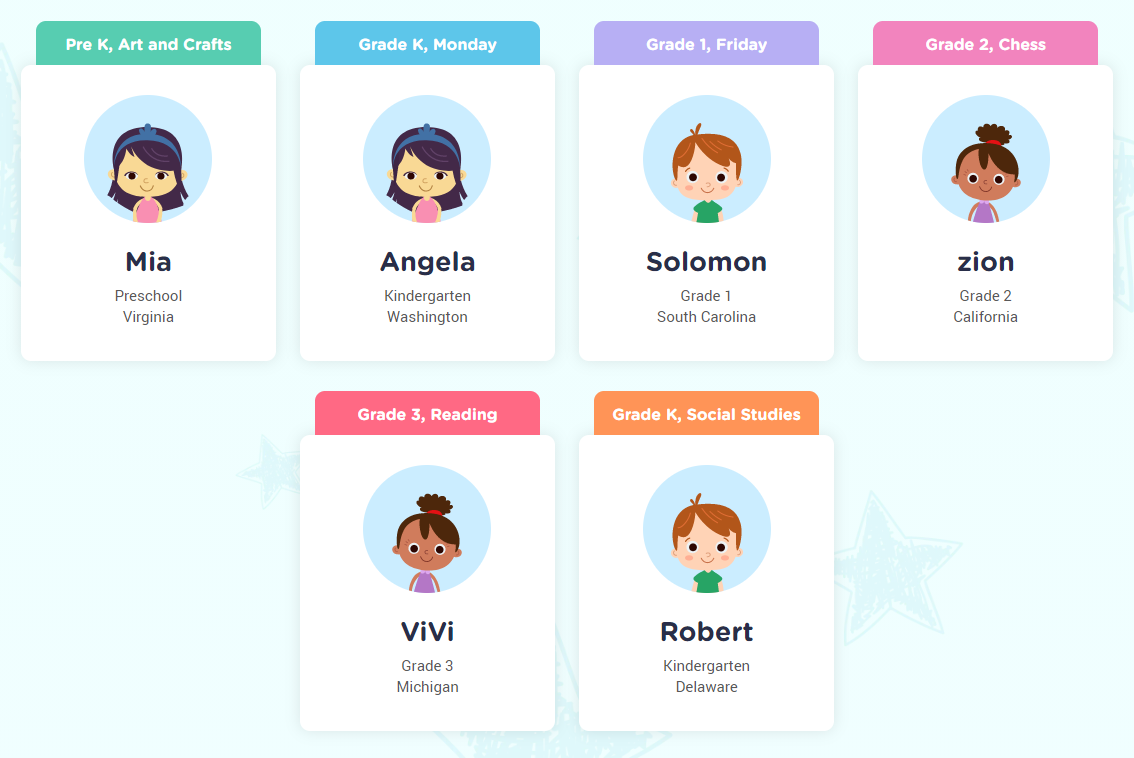Problem-solving abilities Math Worksheets for Ages 3-8
59 filtered results
-
From - To
Our Problem-Solving Abilities Math Worksheets for Ages 3-8 provide young learners with interactive and engaging tasks designed to hone their critical thinking and analytical skills. These printable worksheets involve fun activities, including puzzles, pattern recognition, and simple arithmetic challenges, promoting effective problem-solving habits from an early age. Ideal for preschoolers to early elementary students, our worksheets foster a positive attitude towards math while boosting confidence and cognitive abilities. Perfect for both classroom use and at-home learning, they are a great way to support your child’s mathematical journey and make learning a genuinely enjoyable experience.
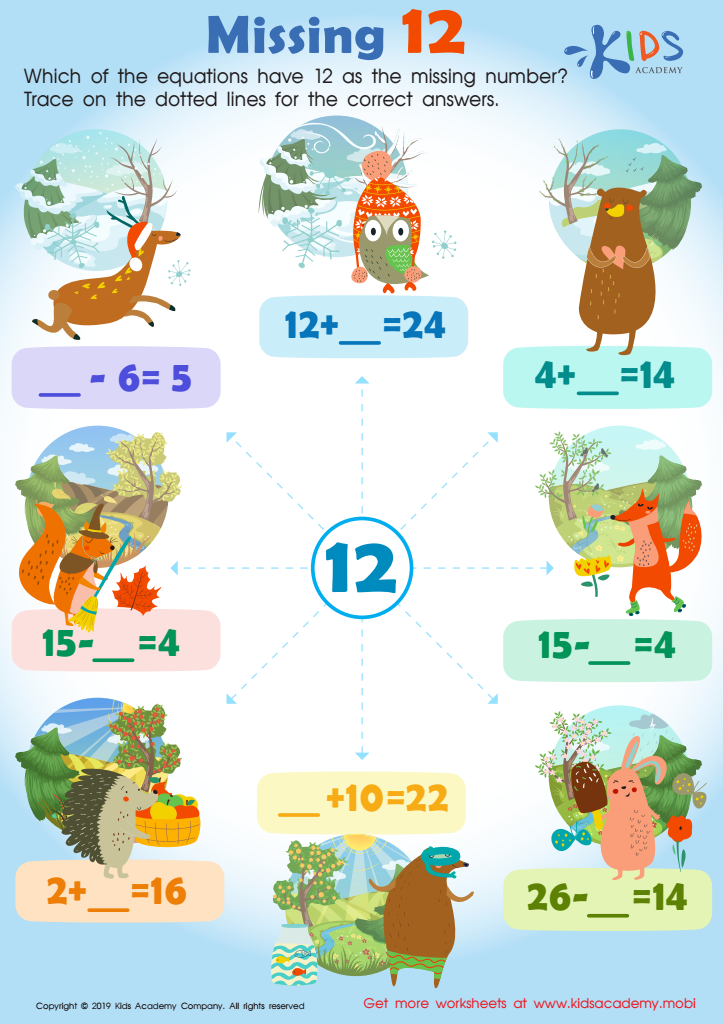

Missing 12 Worksheet
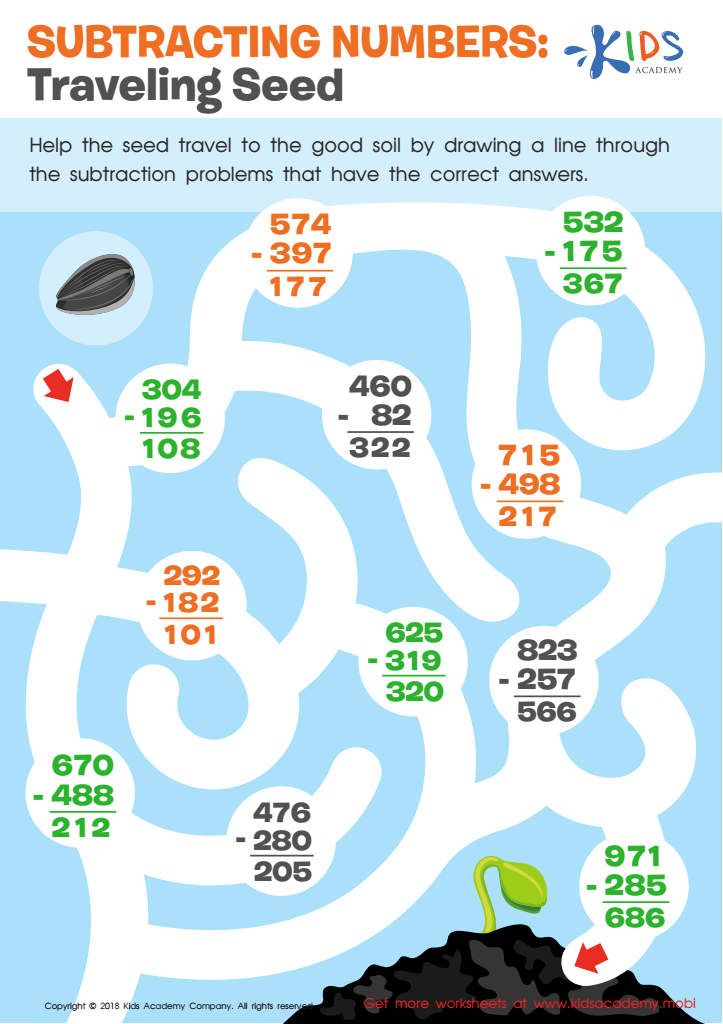

Subtracting Numbers: Traveling Seeds Worksheet
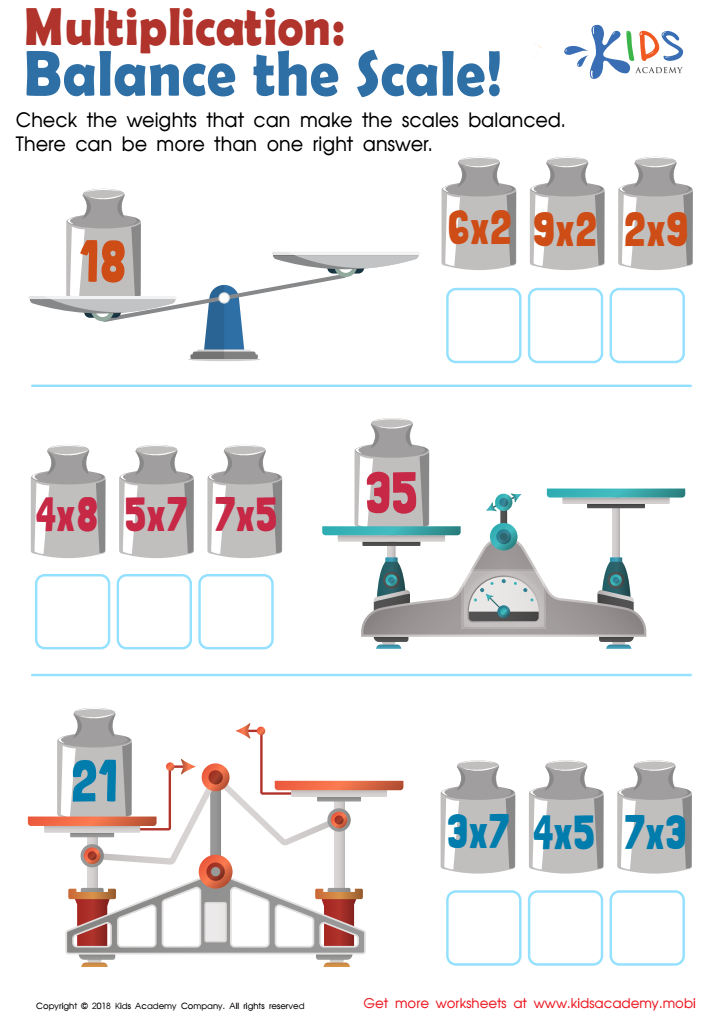

Balance the Scales Multiplication Worksheet
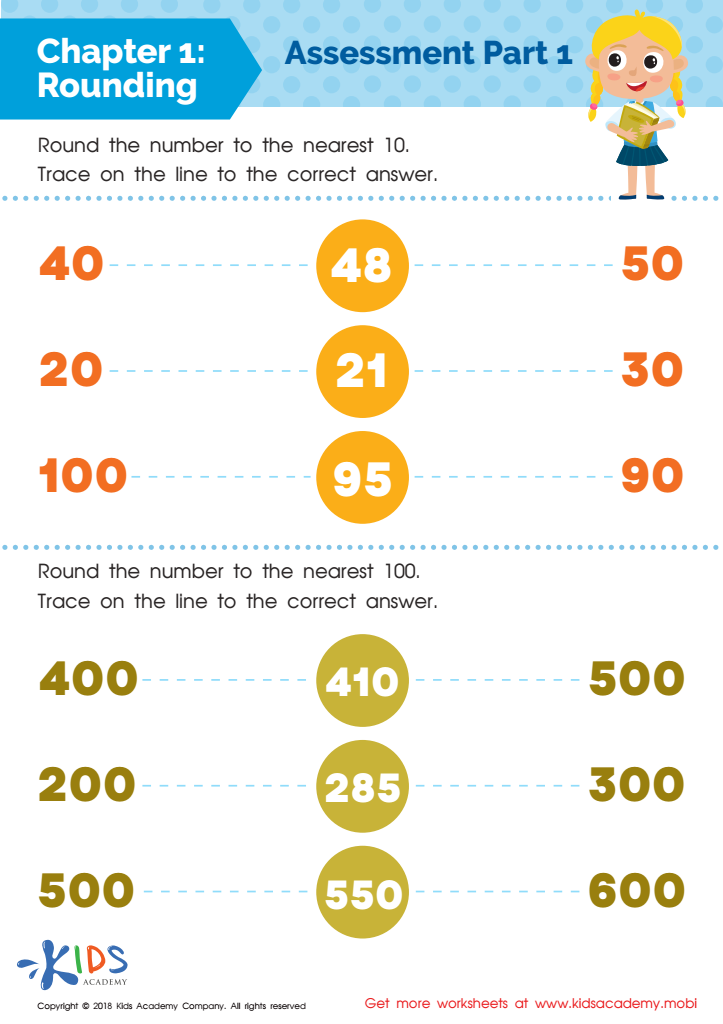

Rounding Worksheet 3rd Grade
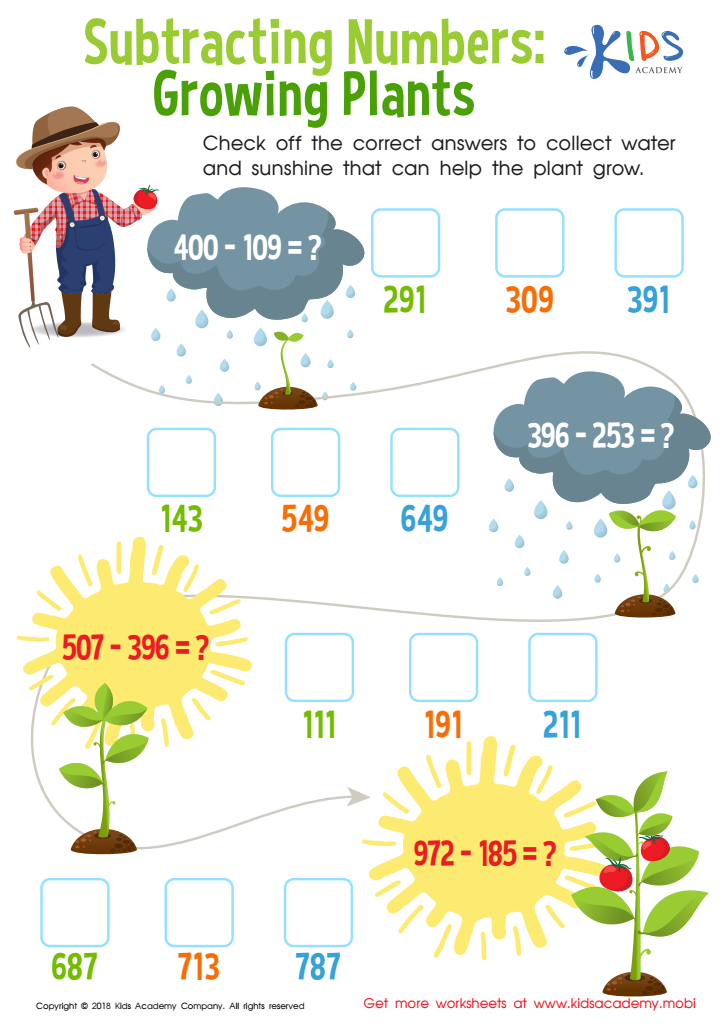

Subtracting Numbers: Growing Plants Worksheet
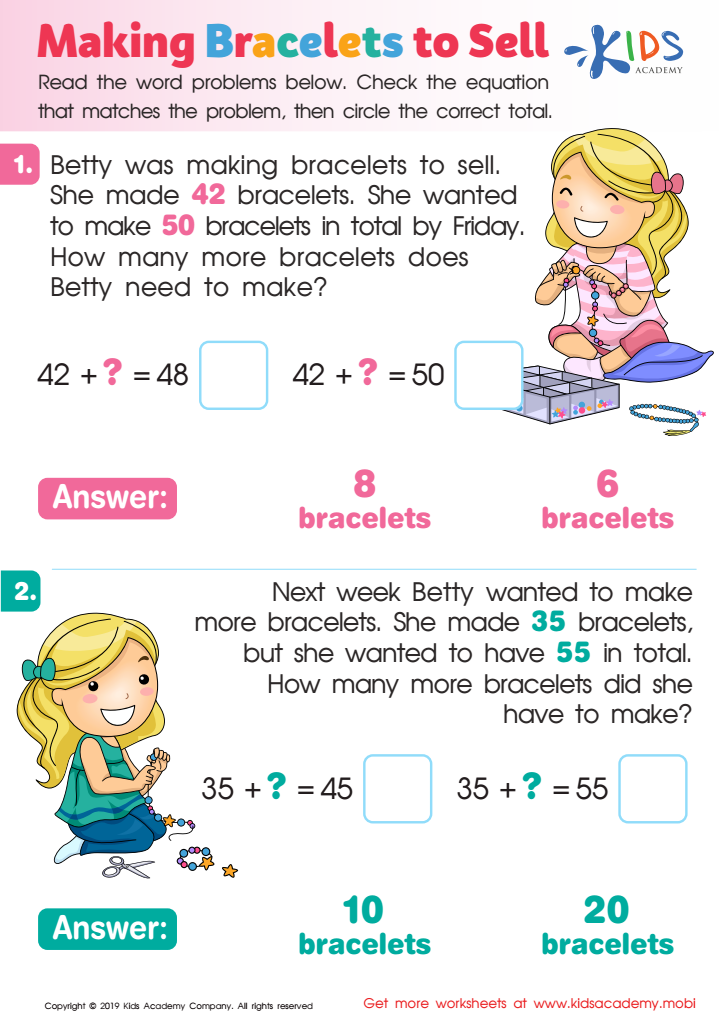

Making Bracelets to Sell Worksheet
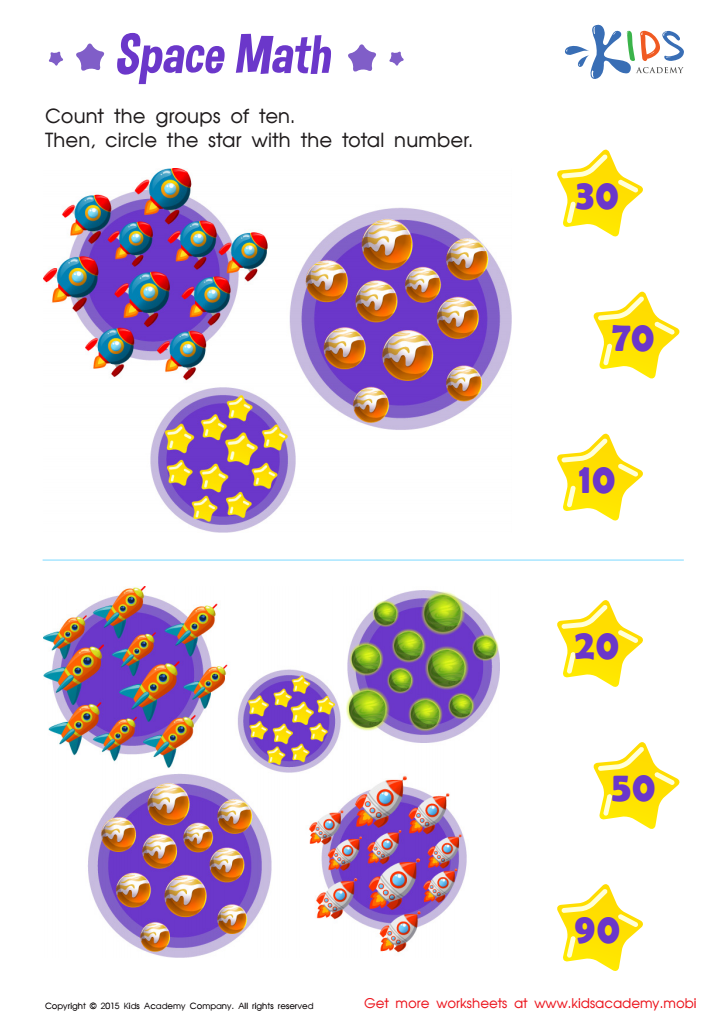

Learn dozens: Space math Worksheet
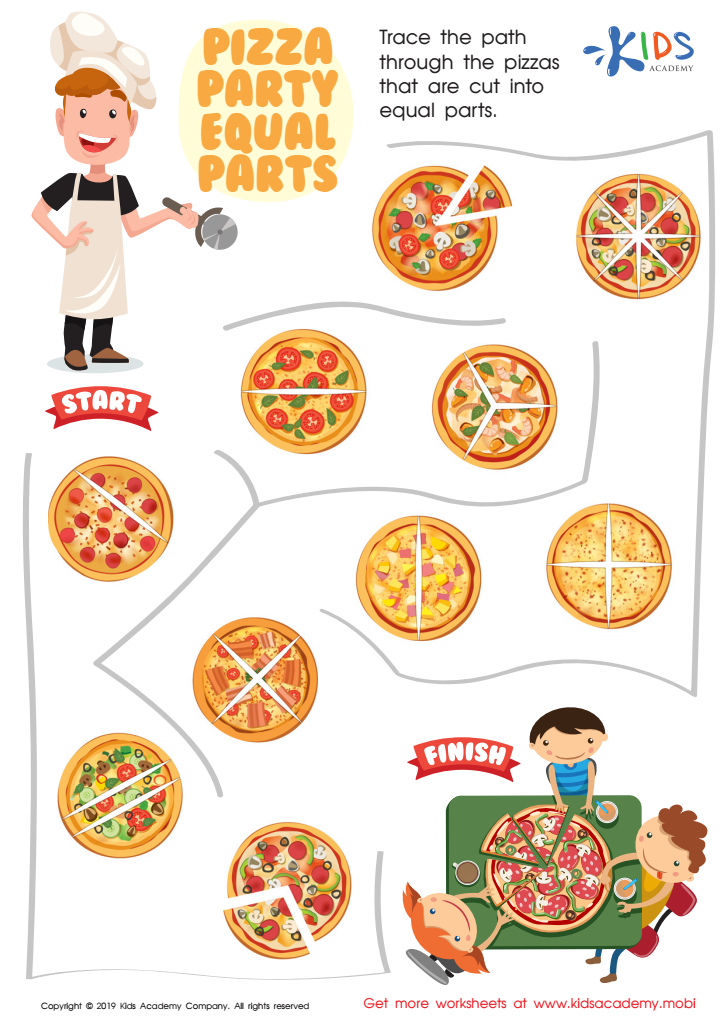

Pizza Party Equal Parts Worksheet
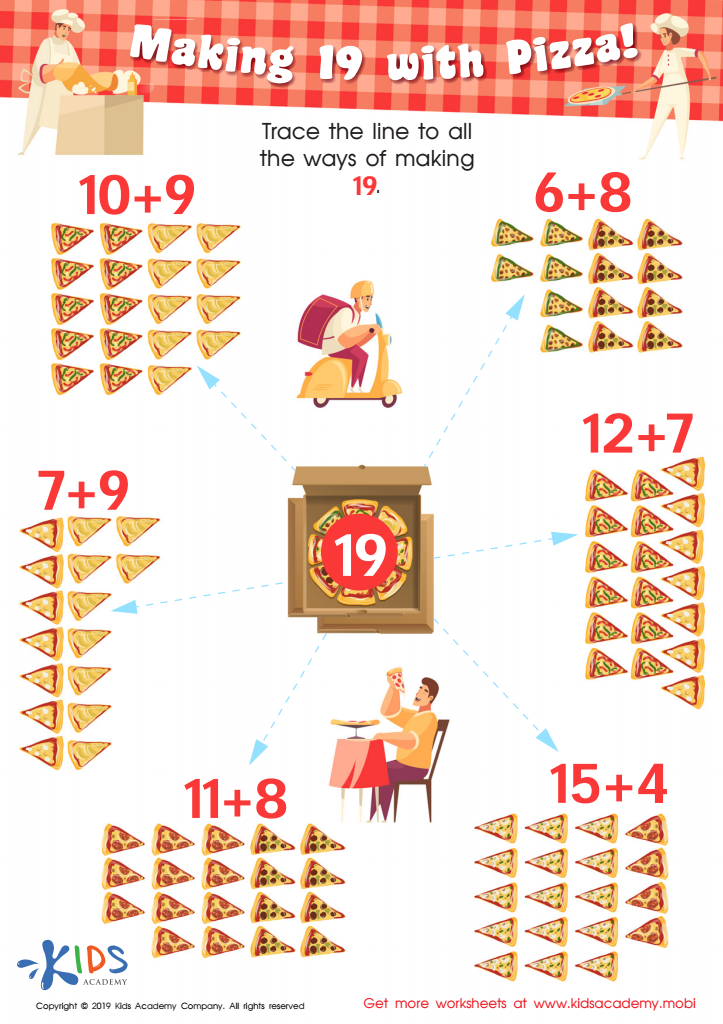

Making 19 with Pizza! Worksheet
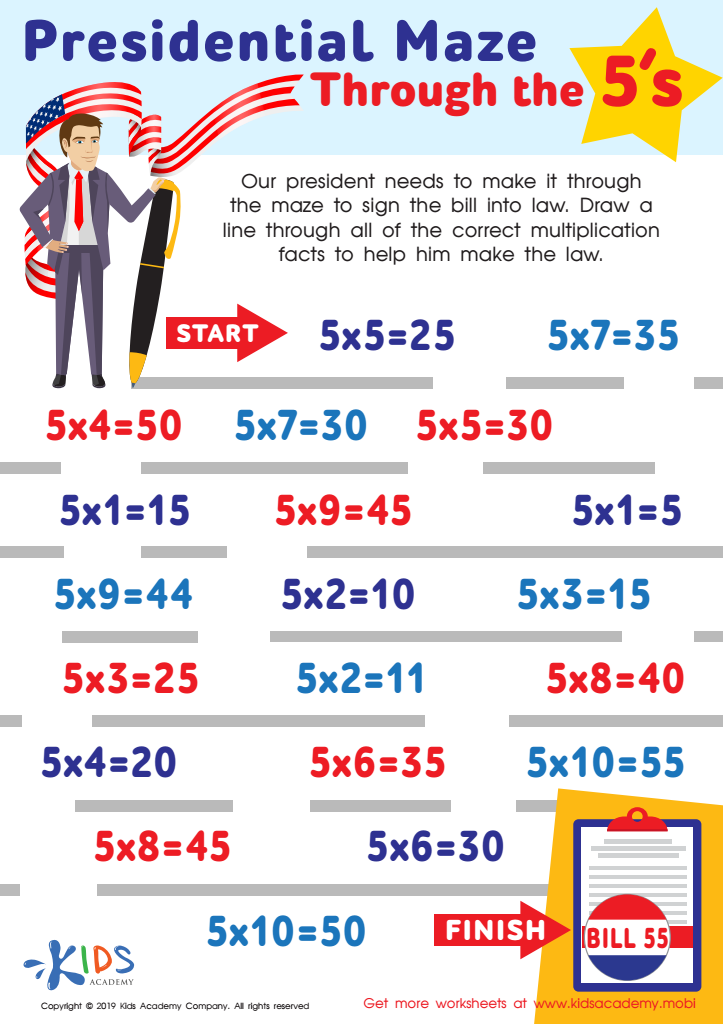

Presidential Maze Through the 5’s Worksheet
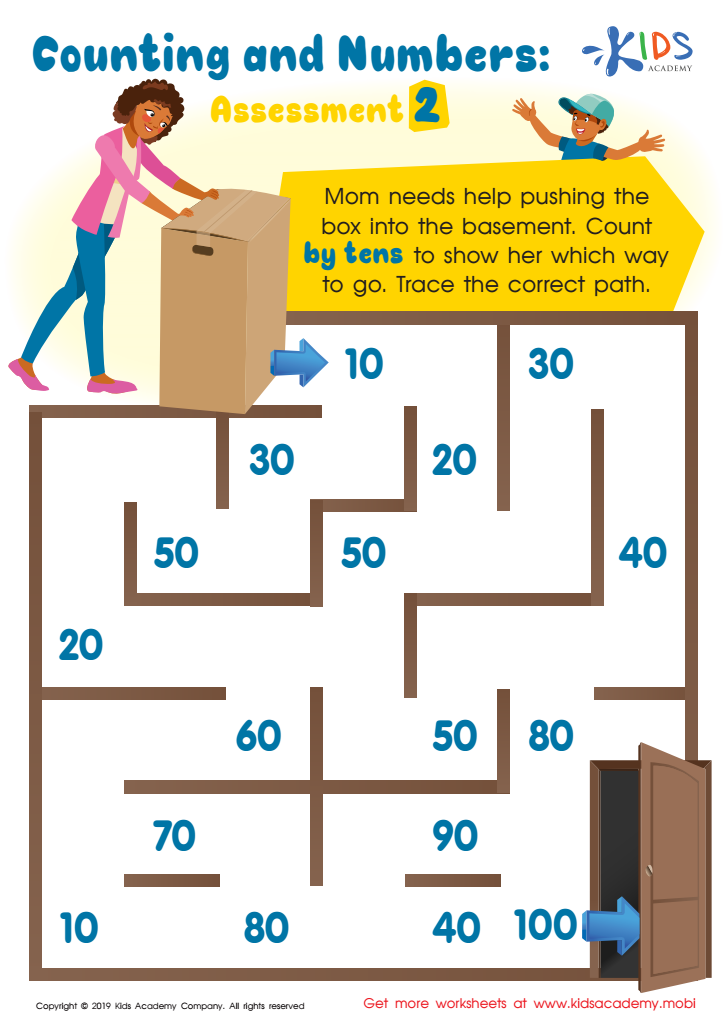

Counting and Numbers: Assessment 2 Worksheet
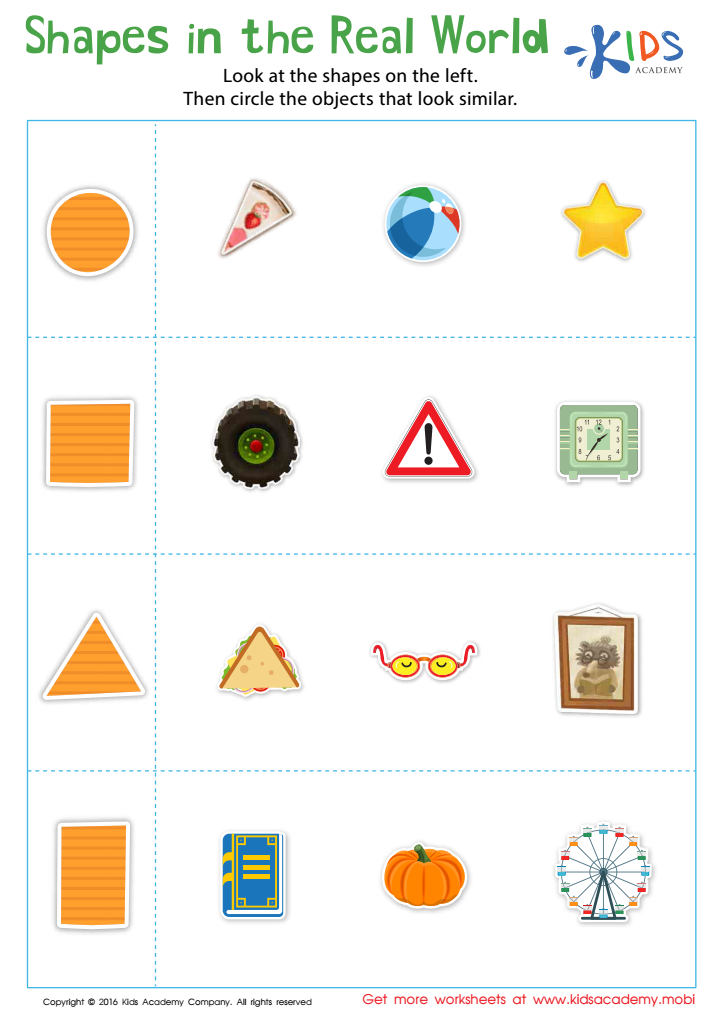

Shapes in the Real World Worksheet
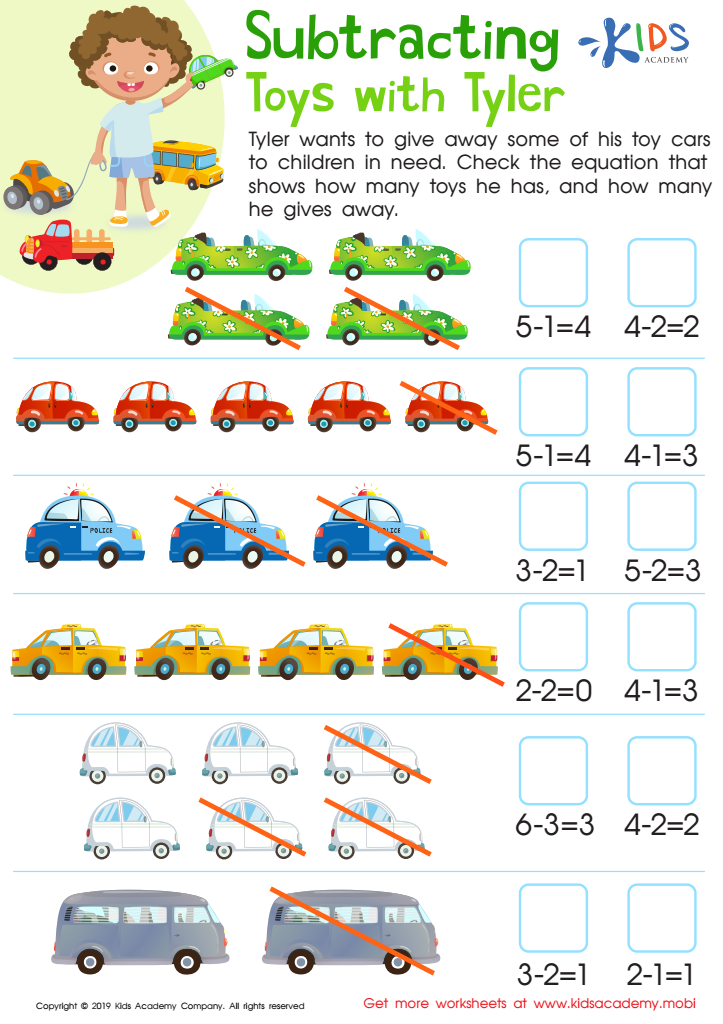

Subtracting Toys with Tyler Worksheet
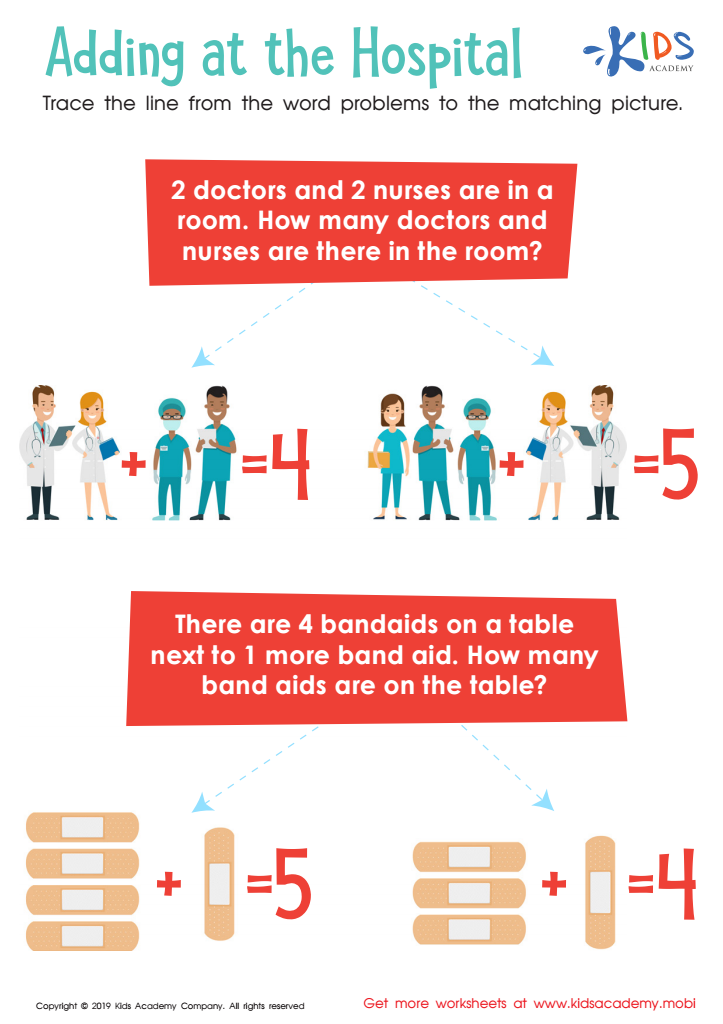

Adding at the Hospital Worksheet
Fostering problem-solving abilities in mathematics during the early years, particularly for children aged 3-8, is crucial for their cognitive and overall development. At this young age, children's brains are highly receptive, and they can absorb foundational skills that will serve them throughout their academic and personal lives. Problem-solving in math helps children develop critical thinking and logical reasoning abilities. It encourages them to understand and analyze situations, make decisions, and find solutions, thereby building their confidence and independence.
Moreover, early math skills are highly correlated with later academic success. Mastering basic problem-solving strategies lays the groundwork for more complex mathematical concepts they'll encounter in subsequent grades. Additionally, these skills don't just apply to math classes; they are transferable to other subjects and real-life situations, promoting adaptability and resourcefulness.
For parents and teachers, supporting young children in developing these problem-solving abilities means engaging in activities and practices that challenge their thinking in a fun and supportive way. Puzzles, interactive games, and real-life scenarios where children have to measure, count, or estimate can make math a natural and enjoyable part of their daily lives. This strong foundation in problem-solving can inspire a lifelong love and understanding of math, setting children on a path to success.

 Assign to My Students
Assign to My Students
